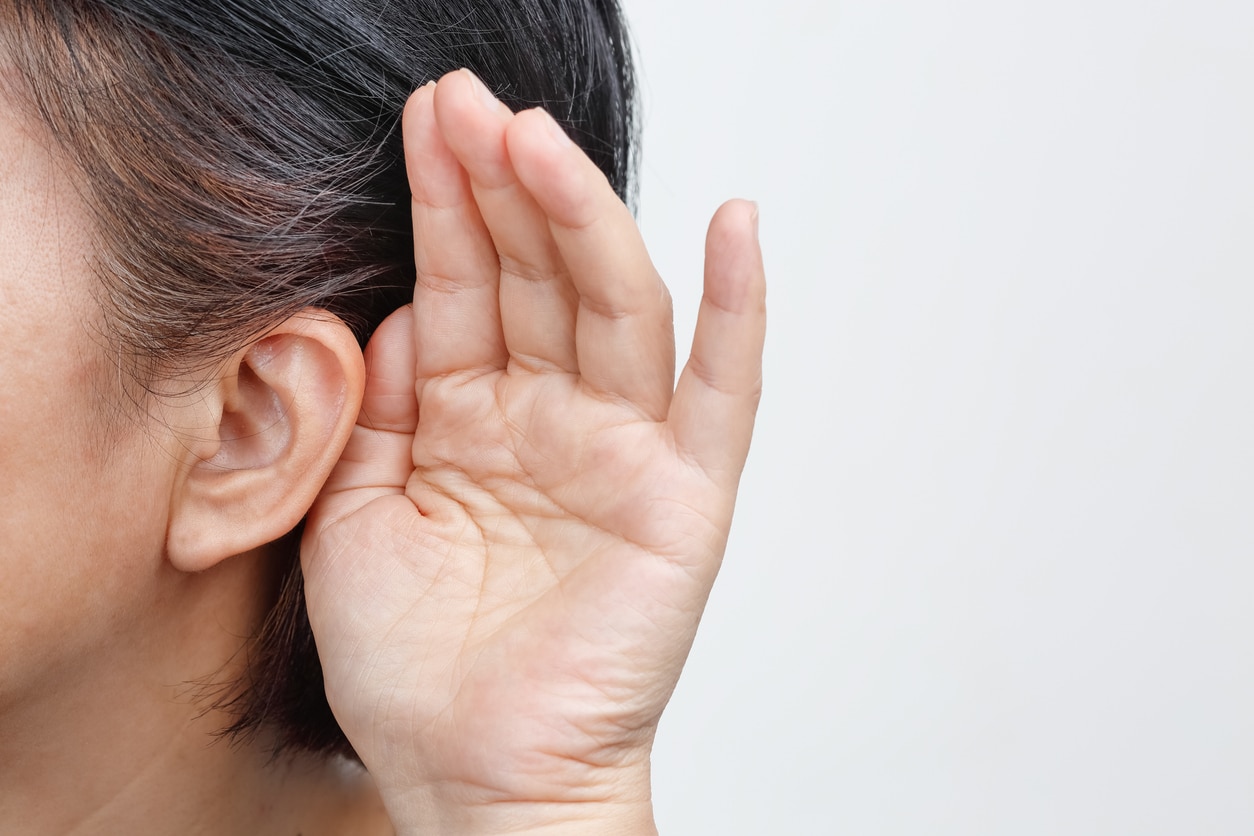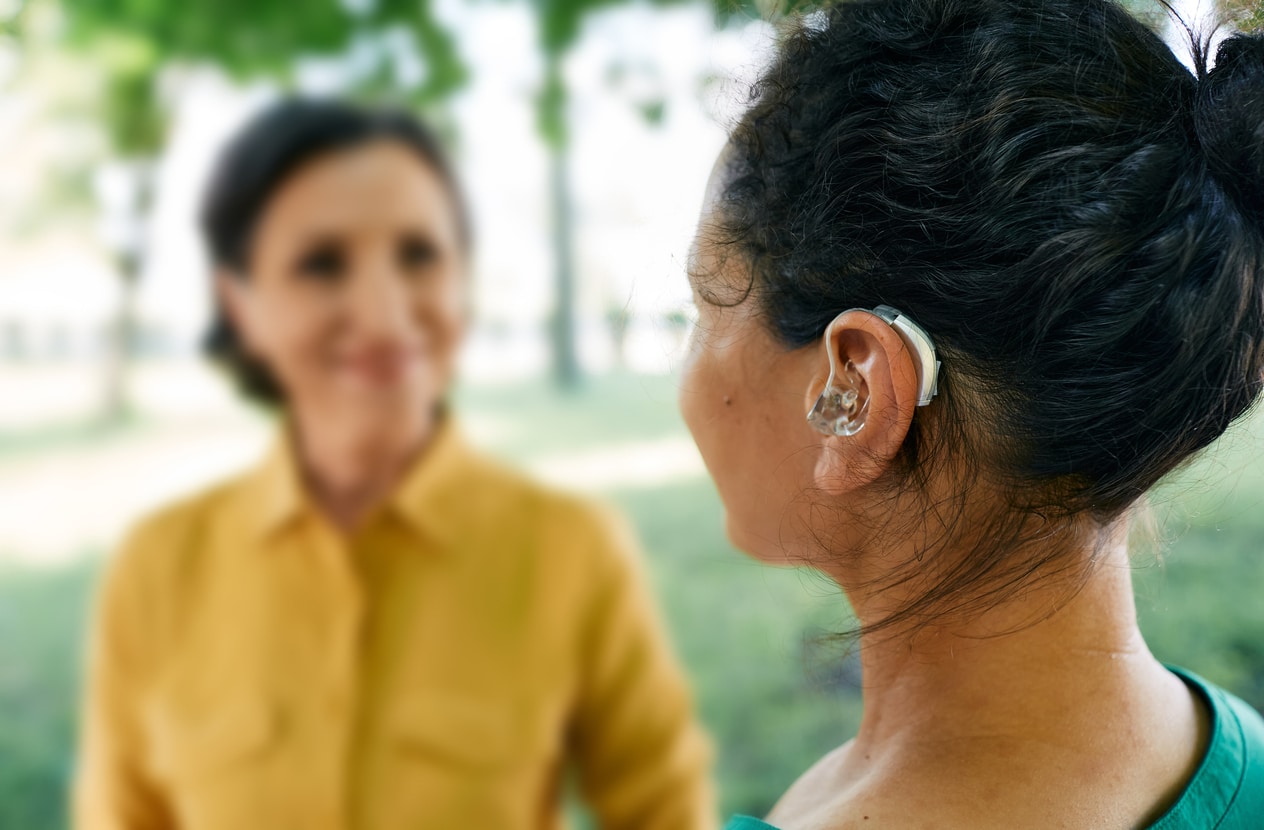-
Should I Use a Drying Kit or Hearing Aid Dryer in Winter?
Temperatures in Wilmington are dropping fast; winter is almost here. Moisture damage can pose a significant threat to your hearing aids, and winter presents unique challenges in regards to moisture. If you’re one of the…
-
Does a Concussion Cause Temporary Hearing Loss?

Head injuries, like concussions, cause some sweeping side effects: migraines, amnesia, fainting or loss of consciousness, vomiting, nausea and balance issues are the most well-known. What is less known, however, is that concussions can also…
-
Is Hearing Loss Genetic?
According to the U.S. Centers for Disease Control and Prevention, about one in every 500 infants in the United States is born with hearing loss or develops it in early childhood. If you or your…
-
The Impact of Smoking and Vaping on Hearing Health
There is a strong and well-studied correlation between smoking and hearing loss. Vaping is rising in popularity as an alternative to smoking, especially among younger demographics, but it appears that vaping has similar risks to…
-
Hearing Aid Batteries: Rechargeable vs. Replaceable
When selecting a hearing aid, sound clarity and design are often top of mind, but battery type plays a crucial role in how well your device integrates into your daily life. Both rechargeable and replaceable…
-
What to Know About Synesthesia
Synesthesia is a rare and intriguing neurological condition where the stimulation of one sense causes an involuntary response in another. These sensory overlaps happen automatically and are consistent for everyone who experiences them. Chromesthesia, for…
-
Does My Sleeping Position Affect My Ear and Hearing Health
How you sleep, including your preferred position and any devices you wear, can significantly influence ear comfort and wellness. If you sleep on your side it could have a bigger impact on your ears than…
-
How to Talk to Your Child About Hearing Loss and Deaf Awareness
Helping your child understand hearing loss is an opportunity to build empathy and respect for others’ differences; nearly 15% of American adults experience some form of hearing loss. Whether your child notices a classmate with…
-
Will Warmer Weather Impact My Hearing Aid Performance?
As temperatures rise in Wilmington, people who benefit from hearing aids may wonder how the heat and humidity of summer affect their devices; they’re not alone, nearly 28.8 million Americans could benefit from hearing aids.…
-
Don’t Let Hearing Loss Make Travel Stressful
It’s the time of year when many people are preparing to travel to spend time with family and friends. If you wear hearing aids, a bit of extra care can ensure you’re able to enjoy…








